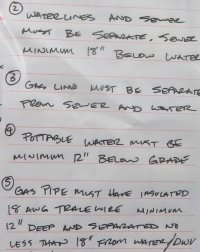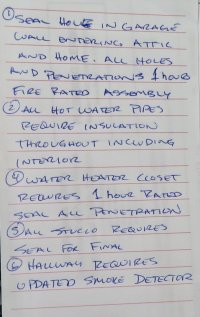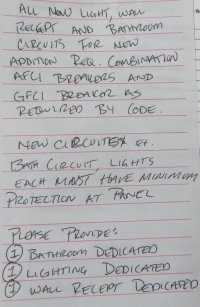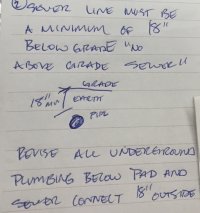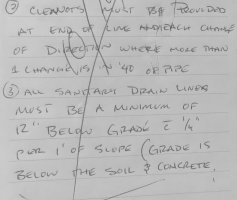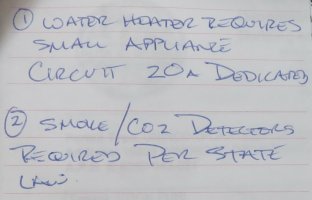There was a day when everybody was in the inspector's area of the office. By everybody I mean five inspectors, the assistant office manager and the office manager. We all heard an inspector explaining a correction over the phone for a solar contractor. The correction stated that the asphalt shingle roof covering shall be replaced. This correction was delivered at a final inspection for the solar.
We heard the inspector say, "If the inspector doubts that the shingles will last an additional fifteen years, the shingles shall be replaced. I'm shocked that you didn't know that. I am an installer and I have know that for a long time."
When he got off the phone I asked him where that came from. He hemmed and hawed a finally said that it is published by the Roofer's Institute. ...to which I replied, "We do not enforce anything like that." That upset him and he told me to stay in my own lane.
Mind you, I was not confrontational in tone and I used words that did not invite trouble. Later that day I received an email from the office manager instructing me to never challenge that inspector again because I created a "hostile work environment". After that day I heard the inspector repeat the bullshlt with solar contractors several times.
I am fairly certain that the solar contractors would complain and the correction would be voided. I am also convinced that some just gave up and did it. Knowing that the inspector continued to cause such grief with seemingly no repercussion is disheartening but no surprise
We heard the inspector say, "If the inspector doubts that the shingles will last an additional fifteen years, the shingles shall be replaced. I'm shocked that you didn't know that. I am an installer and I have know that for a long time."
When he got off the phone I asked him where that came from. He hemmed and hawed a finally said that it is published by the Roofer's Institute. ...to which I replied, "We do not enforce anything like that." That upset him and he told me to stay in my own lane.
Mind you, I was not confrontational in tone and I used words that did not invite trouble. Later that day I received an email from the office manager instructing me to never challenge that inspector again because I created a "hostile work environment". After that day I heard the inspector repeat the bullshlt with solar contractors several times.
I am fairly certain that the solar contractors would complain and the correction would be voided. I am also convinced that some just gave up and did it. Knowing that the inspector continued to cause such grief with seemingly no repercussion is disheartening but no surprise
Last edited:


